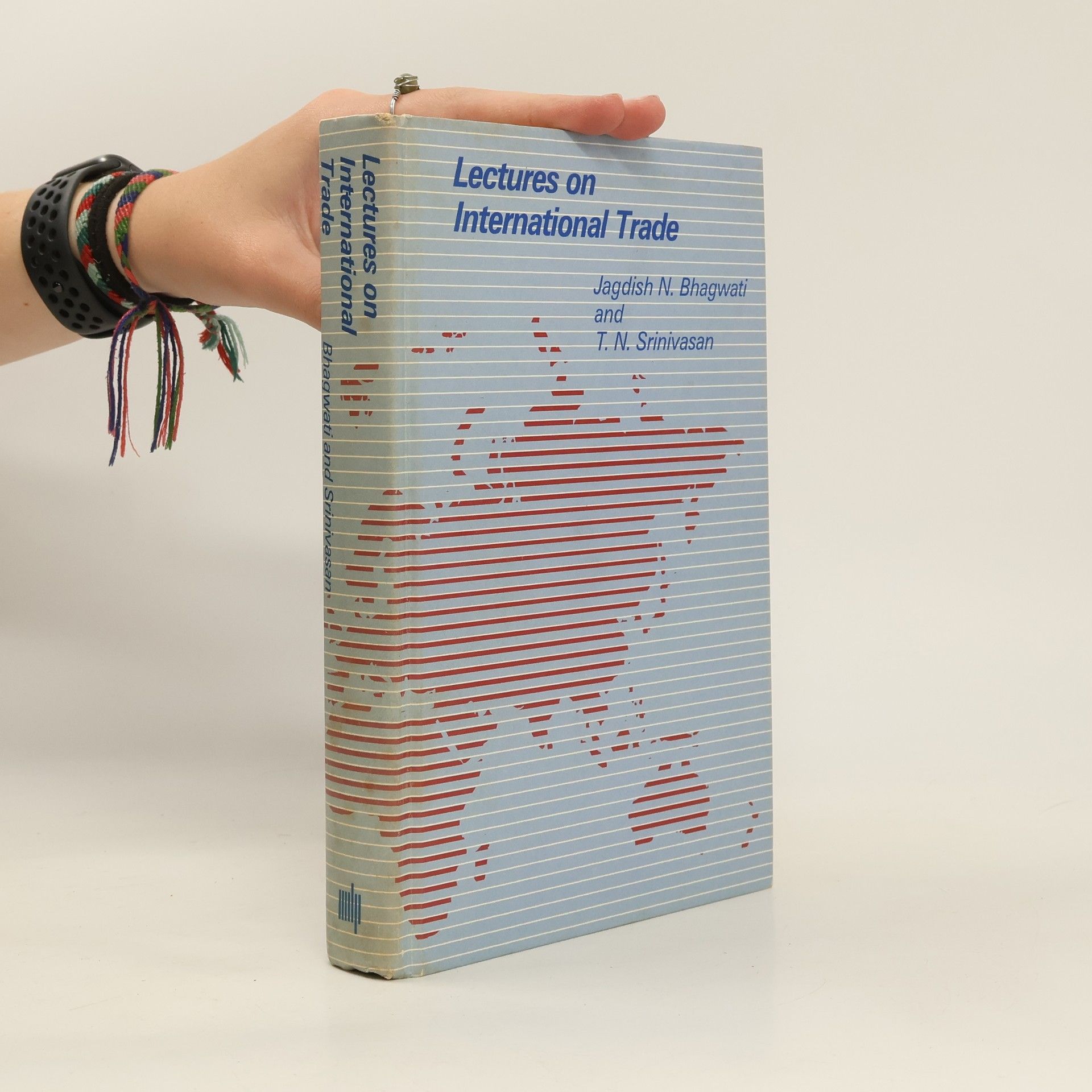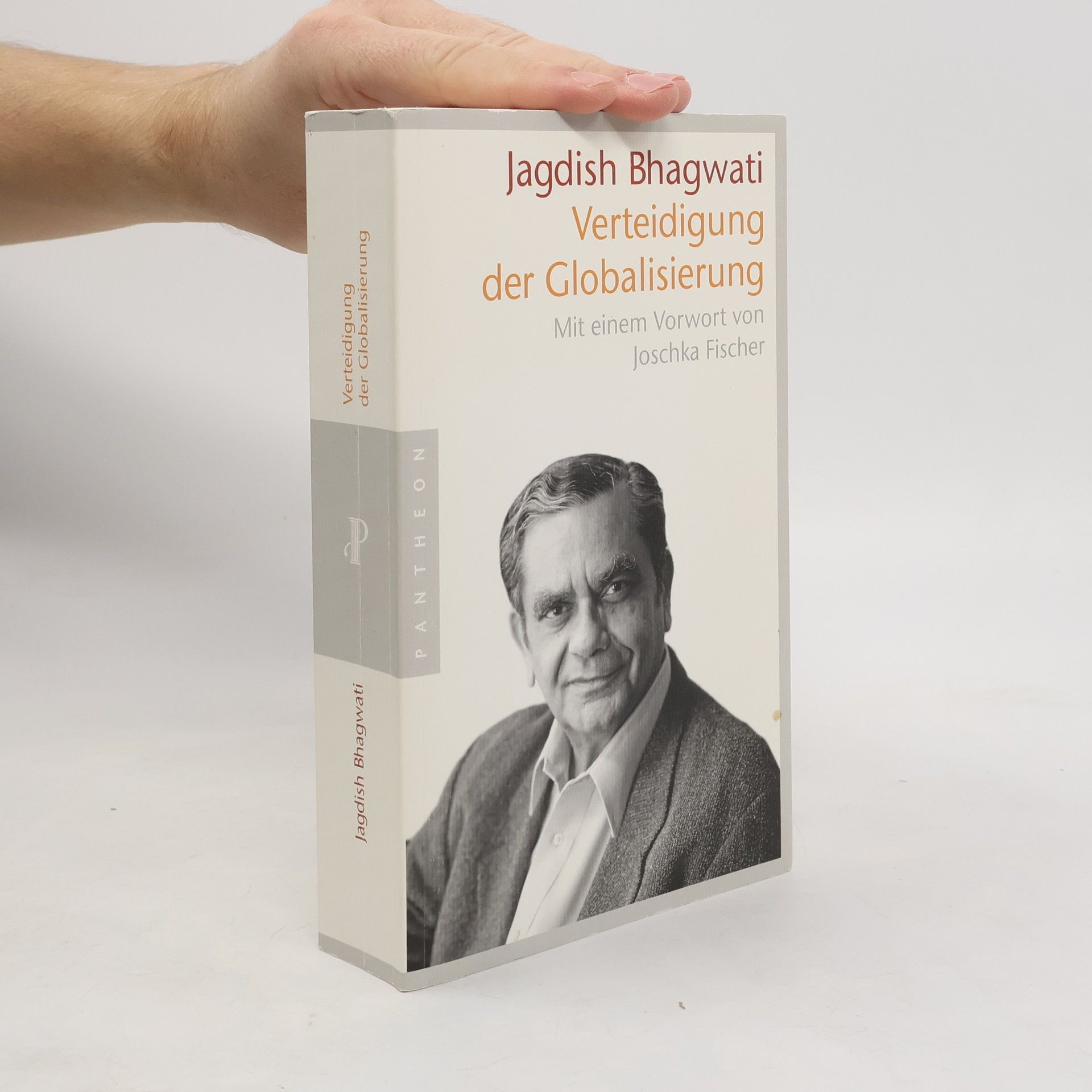Mit einem Vorwort von Joschka Fischer wird die Kritik an der Globalisierung klar thematisiert. Viele machen die weltweite Vernetzung der Wirtschaft für zahlreiche Probleme verantwortlich, darunter Kinderarbeit, Umweltverschmutzung und Armut. Der international anerkannte Wirtschaftswissenschaftler Jagdish Bhagwati geht in diesem Standardwerk auf die Argumente der Globalisierungskritiker ein und widerlegt sie schrittweise. Er zeigt, wie die Globalisierung die Lebensbedingungen für Millionen von Menschen erheblich verbessert hat. Bei Gipfeltreffen der führenden Wirtschaftsnationen kommt es häufig zu wütenden Protesten. Doch was treibt die Kritiker wirklich an? Bhagwati, einer der einflussreichsten Wirtschaftswissenschaftler, setzt sich intensiv mit den Ängsten und Vorbehalten der Globalisierungsgegner auseinander und entlarvt viele ihrer Argumente als Fehlinformationen. Anhand anschaulicher Beispiele belegt er, dass die Globalisierung ein menschliches Antlitz hat. Der steigende Wohlstand und die höhere Schulbildung in vielen asiatischen und afrikanischen Ländern sind Beweise dafür, dass die Globalisierung Teil der Lösung globaler Probleme ist, nicht deren Ursache. Eine aufschlussreiche und intelligente Verteidigung der Globalisierung, die für jeden, der fundiert über deren Folgen und Nutzen diskutieren möchte, unerlässlich ist.
Jagdish Bhagwati Bücher
Jagdish Bhagwati ist ein angesehener Ökonom, dessen Werk sich eingehend mit internationalem Handel und der Befürwortung des Freihandels beschäftigt. Seine Analysen beleuchten die Komplexität der Weltwirtschaft und betonen die Vorteile offener Märkte. Bhagwatis akademische Laufbahn und seine leidenschaftliche Förderung des Freihandels haben ihn zu einer einflussreichen Persönlichkeit des ökonomischen Denkens gemacht. Seine Erkenntnisse prägen Debatten über die Weltwirtschaft und weisen einen Weg zum Wohlstand.






The Wind of the Hundred Days: How Washington Mismanaged Globalization
- 397 Seiten
- 14 Lesestunden
The collection features thought-provoking essays that delve into international trade, emphasizing the intricacies of US foreign trade policy. It explores the implications of trade agreements, global market dynamics, and the impact of policy decisions on both domestic and international economies. The essays challenge conventional views and encourage readers to consider the broader consequences of trade practices, making it a compelling read for those interested in economic policy and global relations.
Free Trade Today
- 144 Seiten
- 6 Lesestunden
Free trade and economic globalization are facing significant challenges from various groups, including environmentalists, human rights activists, and traditional protectionist lobbies. These groups, often framing their agendas in terms of justice and rights, have staged prominent protests in cities like Seattle and Prague, questioning the benefits of free trade and labeling it a corporate interest. Building on his previous work, Jagdish Bhagwati draws on his Stockholm lectures and recent developments in commercial policy theory to argue that social and environmental goals can align with free trade. He posits that free trade, by improving living standards, can better support these agendas than trade restrictions can. After defending free trade, Bhagwati explores alternative approaches to achieving it, advocating for multilateralism and critiquing recent bilateral and regional agreements like NAFTA for creating disorder in the global trading system. He also supports unilateral liberalization as a viable path forward. Written in a clear and engaging style, this work is essential for anyone interested in economic policy or the global economy, offering insights from one of today’s leading economic thinkers.
Lectures on International Trade
- 414 Seiten
- 15 Lesestunden
The pattern of trade; Model and analytic relationships in ricardian theory; Ricardian theory and the pattern of trade; Alternative models and theories; Tariffs and trade equilibrium; Tariffs versus quotas; Trade and welfare in an opean economy; Recent theoretical developments